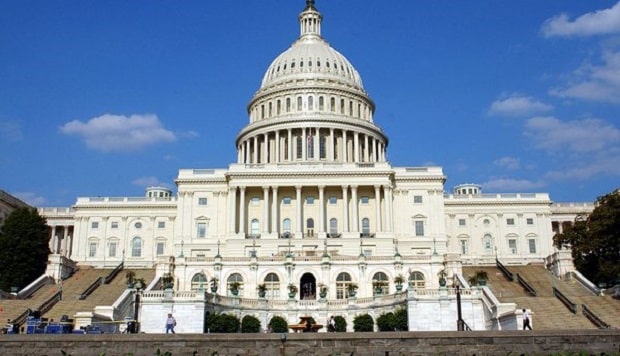Major countries of the world face turmoil as their governments cannot agree on legislative programs

Several countries have bi-cameral systems. That is, they have two houses in their parliaments. Currently, there are three countries which have entered into crisis mode because one house is trying to undo the will of the other house: America, Italy and Australia.
The United States has shut down its Government, except for essential services. This is because the House of Representatives insisted in adding clauses concerning Obamacare to what is essentially a financial bill. After protracted negotiations, President Obama threw the down the gauntlet and shut down almost the entire Government of around 800,000 public servants. This has now been reduced because a law was found concerning financing for the military.
In Italy, former Prime Minister Berlusconi had withdrawn his members of Parliament from the current Prime Minister Letta’s coalition government. Berlusconi, troubled by court judgements against him, has called for fresh elections but President Napolitano insists that that would be the last resort. As we go to press, Berlusconi, troubled by an internal party revolt, has softened his stand.
In Australia, the existing Senate which will be in office till the middle of next year, and the newly elected Senate, both threaten to be antagonistic to the new Abbott government and its legislative programs.
The more we look at democracies, the more we could be perplexed by their differences. When Australia opted to copy the Senate system from America, it still left a legacy of the British system almost intact and that was the Public Service. India is similar.
Incoming governments like in India and Australia inherit a system of public service hierarchies which would supposedly help it to run the country and more importantly, to draw up legislation to implement its programs. There is assuredly a fund of knowledge and expertise in such a system, but there could also be animosity as the appointees might be inclined to an outgoing government that had appointed them.
Then there is the possibility that there is corruption in some quarters; in some areas there might be a system for getting approval for projects such as for planning a new suburb or for exploring a new mine. Some examples of this have been identified by the anti-corruption court or ICAC in New South Wales.
In the United States, the first task of an incoming President is to literally appoint thousands of public servants. It is a new government from scratch. Such appointments can take some time and important cabinet positions need vetting from the legislative chambers (the Senate and the House of Representatives). This is especially true in the first term of a Presidency.
President Obama decided very quickly after he took office to appoint some Republicans in his Government. It was a question of acquiring some well experienced staff who had a deep knowledge of the problems that the nation faced, such as of the wars in Afghanistan and Iraq.
Currently, the Obama administration is facing a crisis as the House of Representatives is stubbornly refusing to permit the Government to borrow money to pay salaries to its employees.
Similar situations have existed in Australia, such as during the Whitlam era. At that time the Governor-General sacked the Whitlam Government because it could not get supply through the Senate.
The Abbott Government is currently in the phase of addressing the problem of manning the public service. The Liberal-National Coalition had made no secret that it would reduce the number of public servants. Soon after taking office, the Climate Commission, headed by the outspoken Tim Flannery, was dismissed. The members of that Commission have decided to form a sort of think-tank and use an internet site to inform the public about the growing concerns regarding climate change.
The next exodus of high profile members from the public service has been the resignation of the entire board of the National Broadband Network. The Minister concerned, Malcolm Turnbull, has not accepted their resignations.
The world is currently watching with anxiety as the impasse between the Senate and the House of Representatives in the USA does not show any signs of being resolved. That battle is over a bill to enable the public service to be adequately funded. President Obama says that the Republicans are holding a gun to the head of the government, to get whatever they want.
The unacceptable bill has not been put to the vote presumably because a number of Republicans have revolted, and wish to end the impasse. If the USA cannot get the bill passed, the entire country could get downgraded and it will find difficulty in borrowing money. This could set off a global financial crisis, the effects of which could threaten the economics of many nations in Europe and Asia.
When one house creates distress for Governments

Reading Time: 3 minutes



